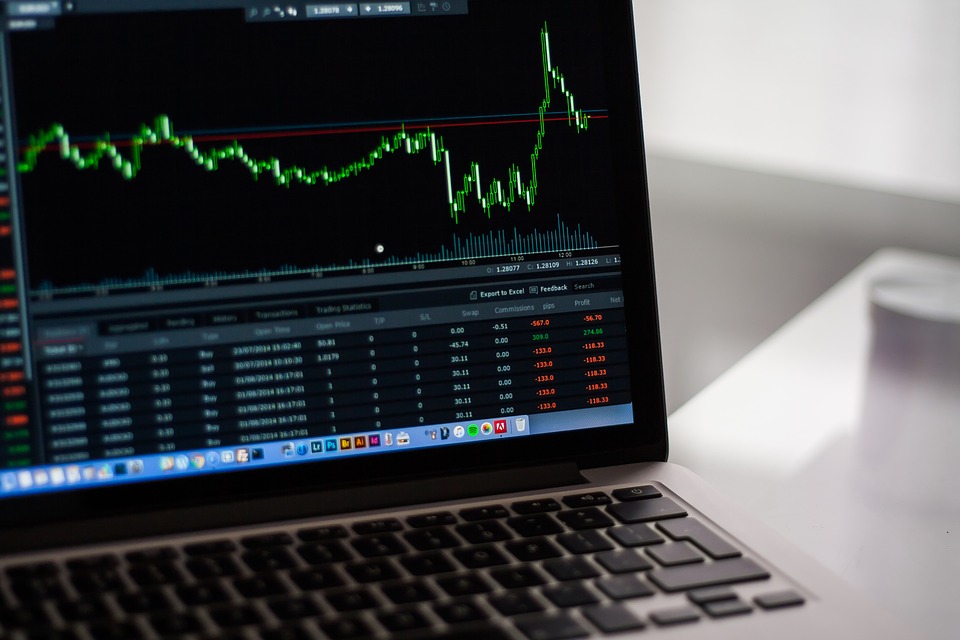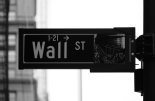Swissquote Bank: New week, new target for the retail short-squeeze army

This time, the move didn’t come as a pure surprise, as last week’s rush to iShares Silver Trust has thrown the foundation of what we saw on Sunday. From a pricing perspective, we had already discussed the fact that silver lagged behind gold amid an impressive flight to safety sent the yellow metal to its all-time highs last year. Empirical data shows that the gold-silver ratio stands near 60 on average, and the price of an ounce of silver could have well consolidated within the $30-32 band given that the gold price held ground near $1800 per ounce. Therefore, the rise in silver doesn’t seem far-stretched just yet. So far, it is not exactly the GameStop anomaly, but it is a hint that the retail traders who just discovered the strength of their unity are out there, looking for new targets – and apparently bigger ones.
One big name that we are familiar with benefited of this short squeeze frenzy: American Airlines, which gained as much as 38% during the course of last week just because small investors wanted to fight back the big short-sellers on various battlefields. As such, the weeks ahead could see impressive rallies here and there – most probably where you expect the least, and take investors by surprise. You clearly don’t want to be a short-seller in Wall Street right now.
For silver though, the rally could be short-lived as some leading members of Reddit wallstreetbets platform are already divided over the question, and advise against the move in silver. One important thing to remember in this game is, if you lose full support, and momentum, it’s over. This is why, the speculative rush is a prosperous, but a dangerous game.
Volatility jumps
Last week ended with decent losses in European and US indices. The S&P500 and the Dow closed 2% lower on Friday as European indices were heavily offered.
But the mood was somewhat better in Asia, as most Asian indices kicked off the week on a positive note, pulling the European and US futures higher as well. But the short-term trends remain shaky and gains remain on a slippery ground as the volatility rises on the back of the retail-led short-squeeze frenzy. The S&P500 futures reversed 1% losses before stepping in the green zone.
The VIX spiked to highest levels since last November and the stress is here to stay as no one really knows what’s next.
Could you stop the frenzy? Hardly.
Senator Warren said they need to ‘take steps to ensure the prices would reflect fundamentals’. Could you do that? Besides the concrete metrics that define a company’s worth, such as earnings, sales, capex and so, there are values that could not be priced objectively, such as the potential of growth seen by investors, the brand value or the goodwill of a company. Therefore, the only way to temper this market frenzy is to prevent Wall Street from short-selling stocks in the first place. And we doubt there would be any restriction of sort for Wall Street, which would cause even more market volatility as investors would interpret any restriction as an attempt to their freedom.
China slows
The Caixin China Manufacturing PMI fell to a seven-month low, faster than expected by analysts, hinting that the only bright spot of the world economy could also succumb to the renewed Covid pressure on its economic activity. While the economic activity is normally slower into the Chinese New Year holiday, we could see a more-severe -than-usual slowdown in the run up and during Chinese festivities, as Chinese population will not be travelling to see their loved ones this year, and that’s some 800 million Chinese who won’t travel, eat, drink and ‘gab bei’ together, and offer gifts to their families.
The data should confirm a certain slowdown in European and US activity as well, but a more significant contraction will likely hit services, as shops and restaurants have been the first line of defense in the face of the new lockdown measures to temper the additional waves of contagion.
In Switzerland, the restaurant sales jumped more than 50% during the final quarter of 2020 and buyers are nowhere to be found.
Euro holds ground
The single currency attracts dip buyers below the 1.21 mark against the US dollar, even though some European Central Bank (ECB) officials said the bank has tools available to counter the euro’s appreciation.
The problem is, the euro is no longer a rate-differential play, it is rather a hedge-play. Therefore, pulling the rates lower may not necessarily discourage the euro bulls from buying and holding the single currency.









